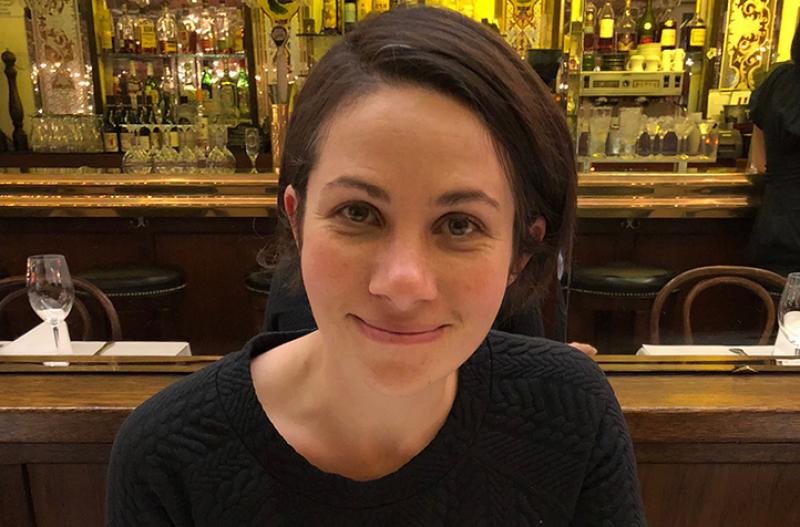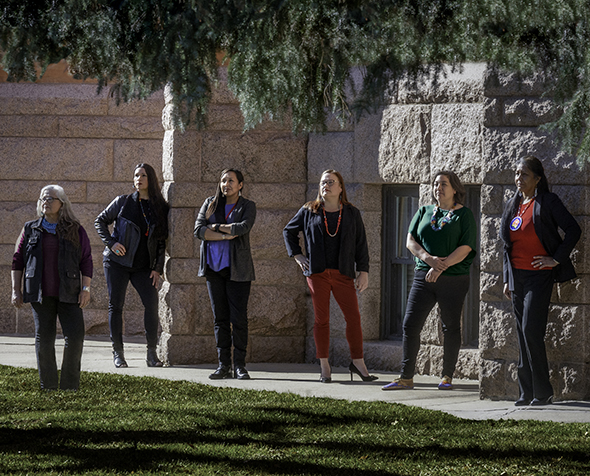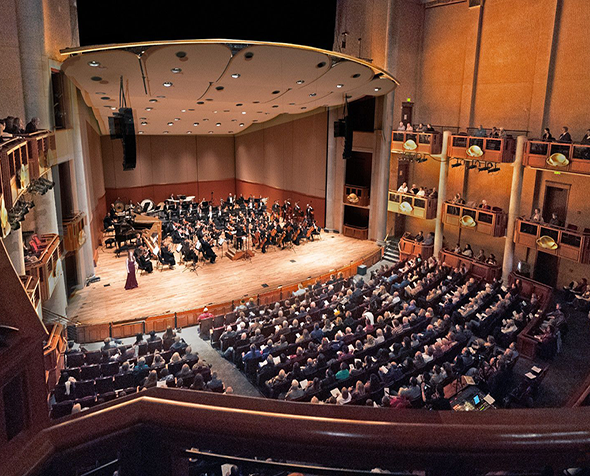Creating Global Citizens Through the Study of Anthropology
Nicole Herzog joined the Anthropology Department this fall.

Nicole Herzog’s interest in anthropology started when she was young, observing prehistoric artifacts on hikes with her family. Anthropology is relevant to the most fundamental ways we interact, Herzog says.
“It’s exciting to think about big problems in human history, develop hypotheses about them and then figure out how you are going to solve them.”
Herzog joined the Anthropology Department as assistant professor this fall. Her courses aim to help students better navigate the complexity of the human landscape, from how we understand the evolutionary basis of human sexuality and sexual expression, to using behavioral research to learn about our closest relatives.
“Humans are an incredibly social and adaptable species — no matter what students go on to do in their own careers, it is a guarantee that they will be working with other people. No one is better equipped to do this than a student with an anthropology background.”
Herzog is also starting a research lab in the Anthropology Department called the Paleodiet Lab. Open to both undergraduate and graduate students, this lab provides hands-on experience in ethnoarchaeological, ethnographic and archaeological research.
“The lab will focus on examining past and present human diets. We’ll be working with plants collected regionally to expand an existing ethnobotanical digital database for traditionally important foods,” she explained.
When she’s not in the classroom, Herzog’s work centers on editing a volume of stories and research about the lives and experiences of women archaeologists working in the Great Basin (intermountain west) “from some of the most hardworking, intelligent and inspiring women I know.”
Other projects include analyzing data related to human-modified landscapes resulting from fires set by village-dwelling people in Senegal and using archaeobotanical methods to study plants in a prehistoric village site in the Canadian Rockies. In October, she’ll be giving a talk on the origins of human fire use at Arizona State University’s Evolution of Social Complexity seminar series.
Her upcoming classes include “Being Human: Sex and Sexuality" and "Human Nature” in winter and “Primates” in the spring. Herzog emphasizes global citizenship in her teaching and personal research.
“Students walk away equipped with the tools to work with a diverse group of people, building upon a multicultural perspective,” Herzog said.






